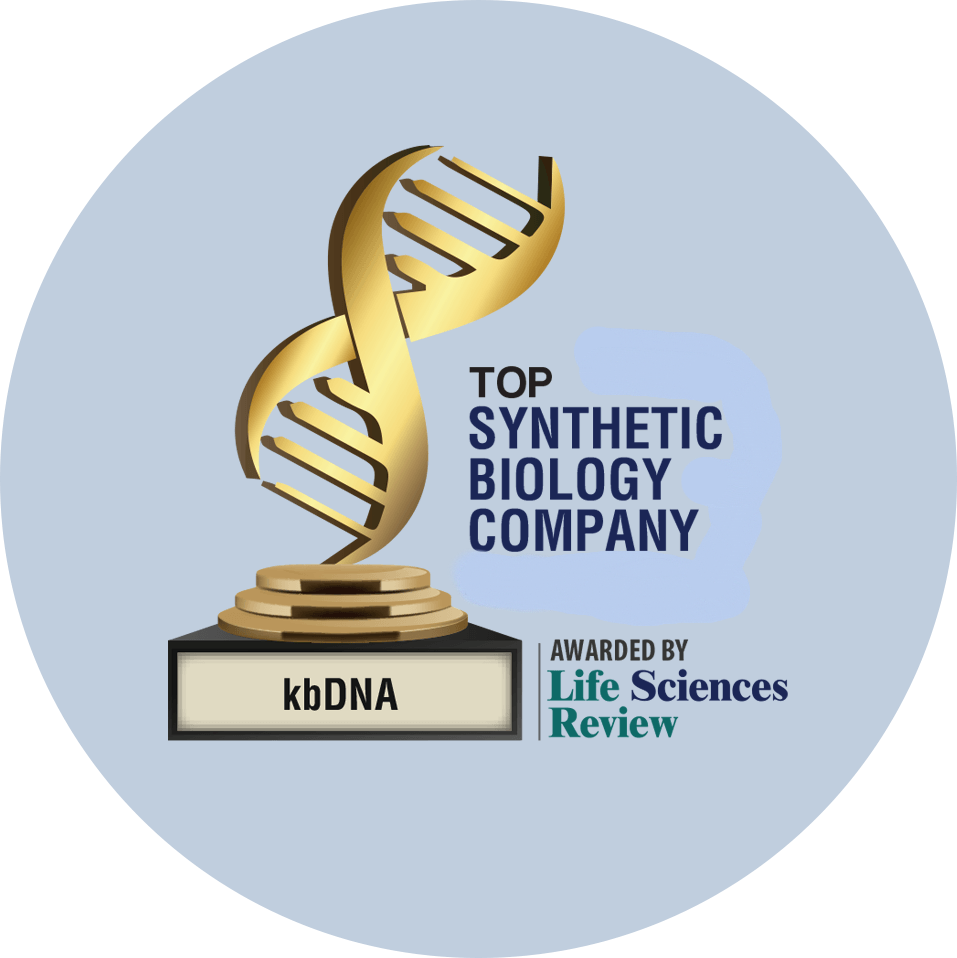Recombinant ID:
Gene of Interest
Gene Synonyms:
Protein Names:
Accession Data
Organism:
Mass (kDa):
Length (aa):
Metal Binding:
Proteomics (Proteome ID):
Proteomics (Chromosome):
UP000005640
Disease:
Mutagenesis:
Sequence:
Function [CC]:
Analysis Summary:
Reagent Data
Name:
Subcategory:
Source:
Species:
Format:
pH:
Formulation:
Formulation Concentration:
Buffer Volume:
Buffer Solution:
Metal Chelating Agents
Determined:
Purity:
Validated:
Sample Handling
Storage:
Stability:
Preparation:
Request a Datasheet
We'll respond with your requested information within a day!
Request Datasheet
Thank you for contacting kbDNA!
We will respond as soon as possible. Our usual response time is no more than an hour.
There was an error sending your message.
Please try again.
kbDNA, INC.
125 Cambridgepark Dr.
Cambridge, MA 02140
Company
Contact Us
Phone:
+1 (781) 206-2235
Fax:
+1 (781) 206-2258
Email:
info@kbDNA.com
Useful Links
The kbDNA Inc. Quality Management Network is certified as conforming to ISO 9001:2015 standard. Request Certificate









